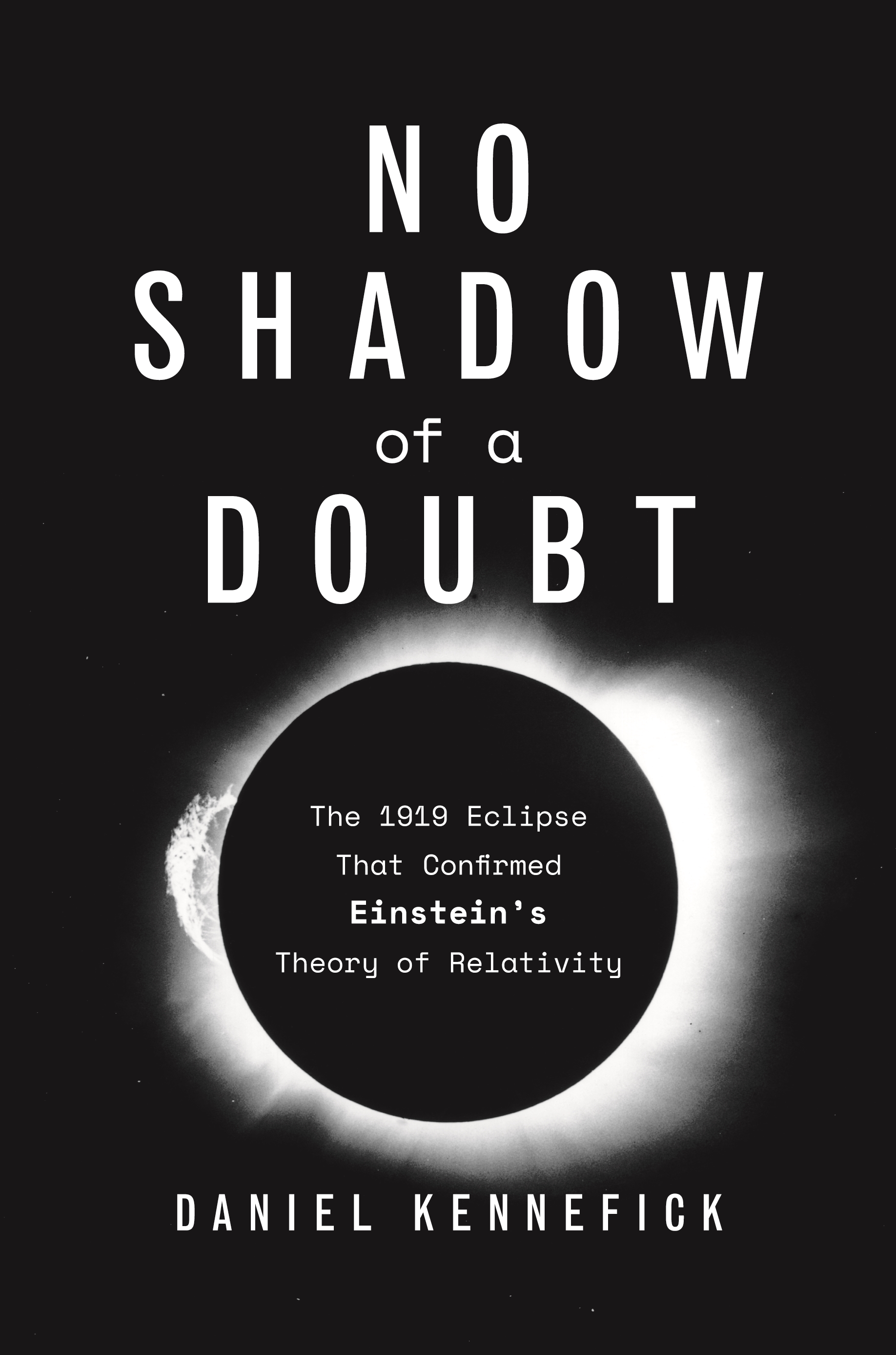

If someone is found guilty, beyond reasonable doubt, this means that they have been found to have broken the law, with intent. The term, ‘beyond reasonable doubt’, has legal standing as a measure of the burden of proof. ‘Without a shadow of a doubt’ therefore means that the opinion being expressed cannot be called into question because nothing of substance, physically or mentally, can be used to challenge it. In this instance, the doubt is given credence and gains substance that it does not really have. The antagonist in this psychological thriller employed just this tactic to ensnare his intended victim. In 1943, Alfred Hitchcock produced a film entitled, ‘Shadow of a Doubt’. This action would cause others unease and uncertainty about the validity of a statement or belief. To ‘cast a shadow of doubt’, would bring an idea or belief into question. The idiom, ‘to cast a shadow’ means to detract from something positive. Regardless, visual and mental images of shadows can conjure up feelings of impending doom, or suggest that something sinister is about to happen. he is afraid of a shadow, meaning he is easily scared – by something with no substance.a shadow of his former self, meaning the person has diminished in stature and strength.It does not have the physical power of the object that it is attached to. The notion of the shadow in this expression borrows from two attributes of a shadow.Ī shadow lacks substance or strength. The concept of the shadow in this context It is not quantifiable yet is used to express strong opinion, certain knowledge or unshakable belief in something. There is no possibility of ambiguity in the statement or sentiment expressed. The term is used to express absolute certainty in the mind of the speaker or author about something. What does ‘Without a Shadow of a Doubt’ mean? The expression takes on several forms in the modern idiom, depending on the inclusion, exclusion and choice of the articles, ‘a’ and ‘the’. As time moved on, ‘beyond a shadow of a doubt’ once again became the preferred term. In the 1900s, the word ‘beyond’ became less fashionable and was replaced by ‘without’.

This notion was first coined in 1772, in an article in the Derby Mercury, an English newspaper.īack then, the popular term was ‘beyond the shadow of a doubt’.


 0 kommentar(er)
0 kommentar(er)
